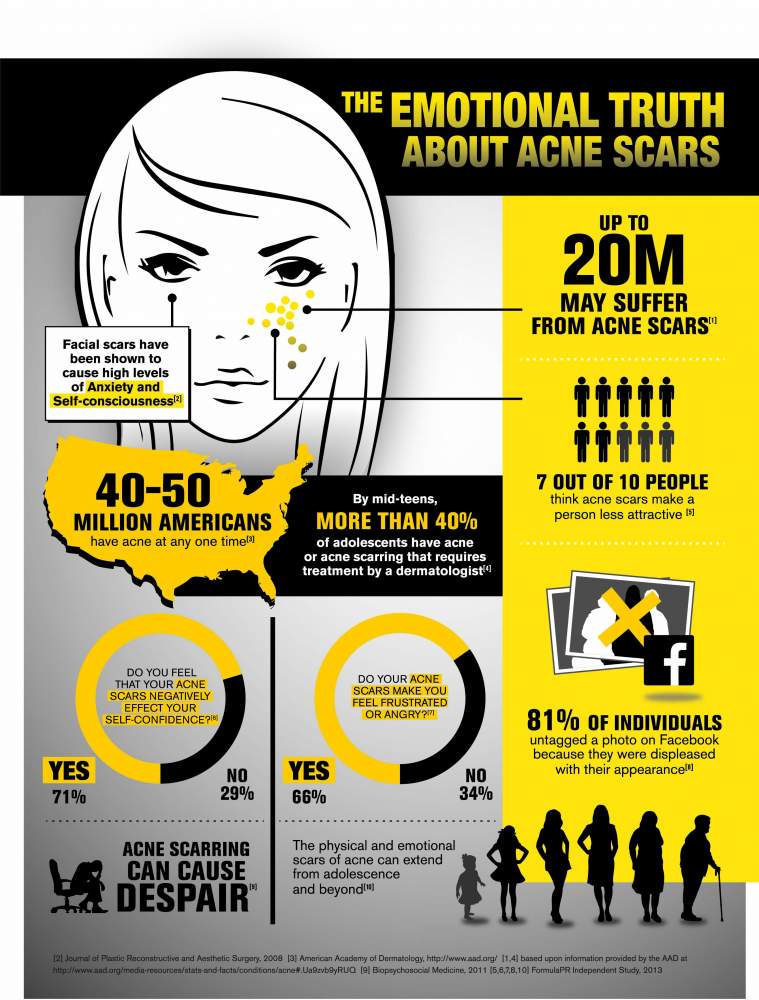Contrasting Prescription And OTC Acne Treatments: Which Is Better?
Contrasting Prescription And OTC Acne Treatments: Which Is Better?
Blog Article
Created By-Bernstein Carstens
Did you know that almost 85% of people experience acne at some time in their lives? When microneedling hair loss before and after confronted with this typical skin issue, deciding between prescription and non-prescription (OTC) treatments can be tricky. Each alternative has its very own collection of advantages and drawbacks, which can substantially impact your skin's health and wellness. So, exactly how do you figure out which treatment straightens best with your needs? Recognizing the crucial differences and what they mean for your unique scenario may simply hold the answer.
Key Distinctions In Between Therapies
When it pertains to acne treatments, recognizing the crucial differences can make a substantial impact on your skin's health.
You'll locate 2 primary groups: non-prescription (OTC) and prescription treatments. OTC options, such as benzoyl peroxide and salicylic acid, are readily available and tend to be less extensive. They often function by unclogging pores and decreasing swelling, making them appropriate for moderate to moderate acne.
On the other hand, prescription therapies normally have stronger active components, like retinoids or anti-biotics, and are customized for extra extreme cases. These therapies frequently need a skin specialist's support, allowing them to target particular skin issues efficiently.
The stamina and solution of prescription choices can result in quicker outcomes yet may additionally come with a greater threat of adverse effects.
You need to also consider your skin type and any type of sensitivities when choosing a therapy. As an example, if you have sensitive skin, OTC treatments might be a gentler starting factor.
Inevitably, recognizing these differences assists you make educated selections concerning your acne therapy trip and leads you towards clearer skin.
Benefits and drawbacks of Prescription Options
Prescription options for acne therapy featured both benefits and drawbacks that you need to consider meticulously.
One significant pro is their strength. Prescription medicines frequently include greater focus of energetic ingredients, which can lead to faster and extra reliable results compared to non-prescription (OTC) products. You may additionally locate that prescriptions are tailored to your specific skin type and acne intensity, providing an extra individualized technique.
On the flip side, these treatments can come with significant downsides. For one, they might have adverse effects varying from mild irritation to much more major problems, which you need to keep an eye on carefully.
Additionally, prescription therapies can be more costly, especially if your insurance coverage does not cover them. You could likewise deal with difficulties in obtaining a prescription, as it requires a check out to a doctor, which can be time-consuming and inconvenient.
Advantages of OTC Treatments
OTC therapies usually provide a convenient and available solution for handling acne. You can easily locate these products in drug stores, food store, or online, making them easily offered without a prescription. This accessibility suggests you can begin your acne treatment whenever you require to, without awaiting a doctor's consultation.
Another considerable advantage of OTC therapies is their price. Lots of non-prescription choices are budget-friendly, permitting you to check out various solutions without breaking the bank. You can attempt various items to see what works best for your skin kind.
OTC therapies additionally are available in a selection of solutions, consisting of gels, creams, and washes. This range allows you to select an item that fits your lifestyle and choices. https://cold-laser-therapy00009.blog-gold.com/41327218/comprehending-acne-therapy-just-how-to-choose-the-right-technique-for-you include active ingredients like benzoyl peroxide or salicylic acid, which work in treating acne.
Lastly, you have the liberty to change your routine based on your skin's feedback. If one product isn't functioning, you can conveniently switch to an additional without a prolonged consultation procedure. This adaptability encourages you to take control of your acne monitoring journey.
Conclusion
Ultimately, picking between prescription and OTC acne treatments actually boils down to your distinct skin demands and circumstances. While prescriptions could seem like the golden ticket for swift outcomes, OTC alternatives supply a more easily accessible course, letting you take control of your skincare trip. Accept the flexibility of OTC items or consider the tailored strategy of prescriptions-- in any case, you're taking a positive action in the direction of clearer skin and enhancing your confidence along the way.
